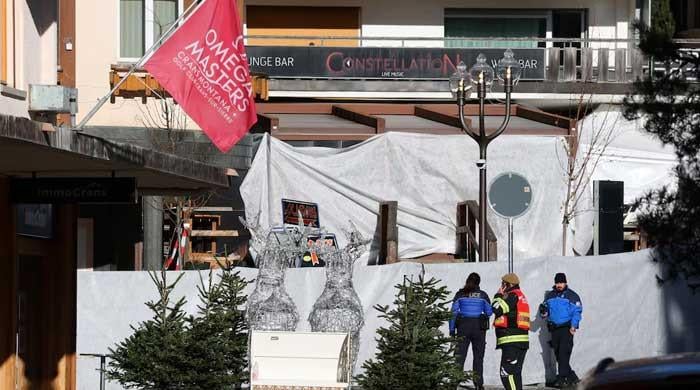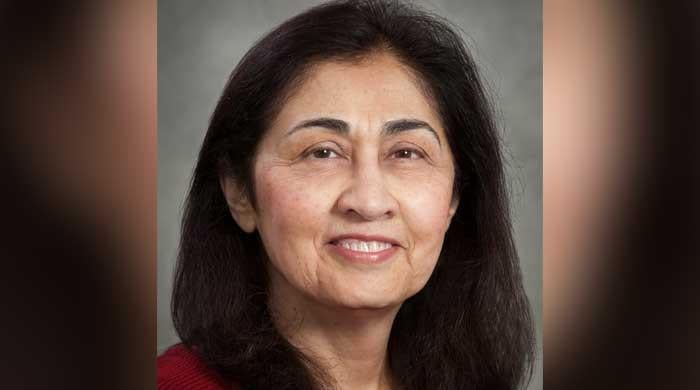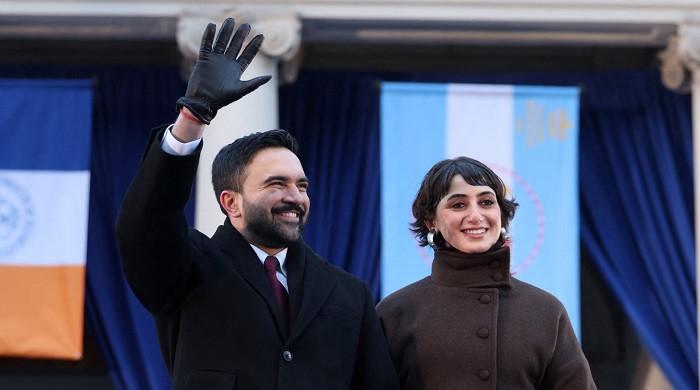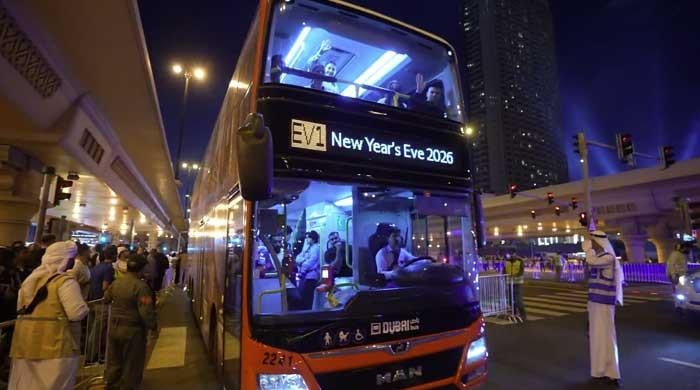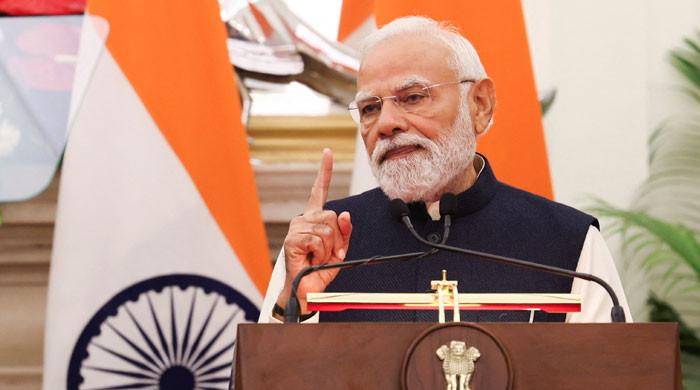Afghanistan to start issuing passports to its citizens again
Acting head of the passport office says in Kabul between 5,000 and 6,000 passports will be issued each day
October 05, 2021
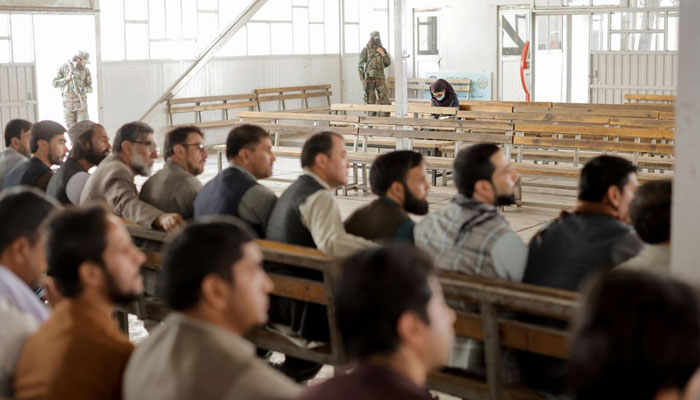
- Interior ministry spokesman tells briefing that 25,000 applicants have reached the final stage of payment for their passports.
- Acting head of the passport office says in Kabul that between 5,000 and 6,000 passports were to be issued each day.
- Taliban entered Kabul on October 15.
KABUL: Following months of delays that hampered attempts by those trying to flee the country after the Taliban seized control in August, Afghanistan will start issuing passports to its citizens again, a senior official said on Tuesday.
The process, which had slowed even before the Taliban return to power following the withdrawal of US forces, will provide applicants with documents physically identical to those issued by the previous government, the official said.
Acting head of the passport office Alam Gul Haqqani told reporters in Kabul that between 5,000 and 6,000 passports were to be issued each day, with women being employed to process those meant for female citizens.
Interior ministry spokesman Qari Sayeed Khosti told the briefing that 25,000 applicants had reached the final stage of payment for their passports, with roughly 100,000 applications in the earlier stages of the process pending.
It is pertinent to mention here that the Taliban had entered Kabul on October 15 and President Ashraf Ghani left Afghanistan saying he wanted to avoid bloodshed, bringing the insurgents close to taking over the country two decades after they were overthrown by a US-led invasion.




